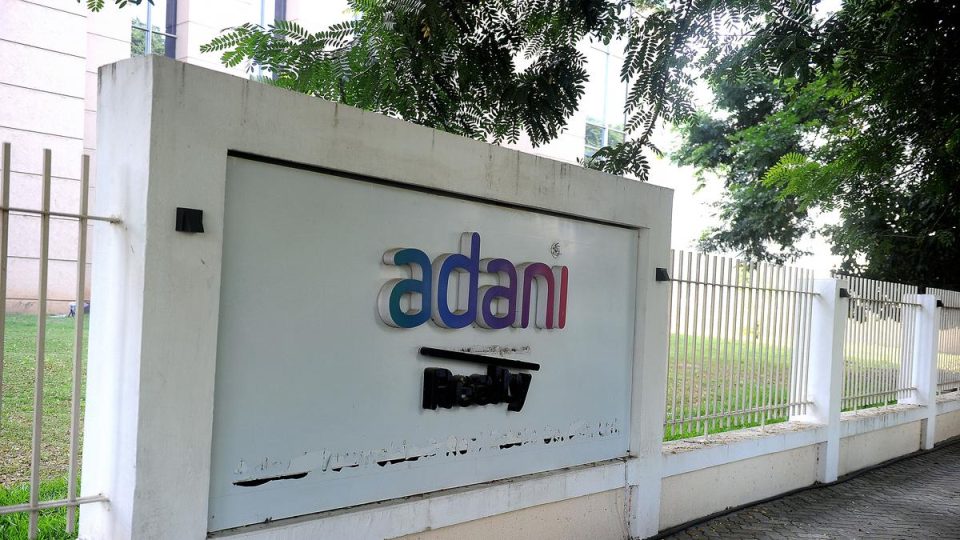Ten days ago, Gautam Adani and his sprawling energy-to-ports empire looked invincible. Now, a US short-seller attack has plunged the billionaire into the worst crisis of his corporate career and sparked more significant, more serious questions about India’s credibility as a global growth engine and destination for international investors.
Adani Group has lost $108 billion in market value since Hindenburg Research accused it of stock manipulation and accounting fraud in a January 24 report. But when the tycoon called off a $2.4 billion stock offering this week, the potential for lasting impact became clear. Adani’s rebuttal failed to reassure investors. He was once the second-richest person in the world but fell to 21st on the Bloomberg Billionaires Index.
The small but well-known US short-seller has reignited doubts about Adani Group’s corporate governance. The fallout from its nearly 100-page report could undermine investor confidence in India and the country’s regulatory framework more broadly, whether its claims are valid.
Adani, 60, has been close to Prime Minister Narendra Modi for decades, and his business of investing in capital-intensive projects such as airports, power plants and data centres is at the heart of Modi’s growth agenda. A national champion, the tycoon has aligned his business interests with Modi’s development goals, often stepping in where the country lacks the resources or capacity to help create thousands of jobs.
If asset prices continue to slide and further shake investor confidence in Adani’s empire, it will hamper India’s growth story at a critical juncture. Banks such as HSBC Holdings Plc and companies such as Apple Inc are expanding in India to hedge their exposure to China. A crackdown on business and erratic pandemic policies have made investors wary.
Hindenburg said in its report that Adani used offshore shell companies to launder money and siphon funds from public companies. Short sellers with positions in offshore Adani securities described the group’s meteoric rise as “the biggest scam in the company’s history”. While many of the claims have been circulating among the Indian investment class and media for years, their emergence in the global conversation appears to have sparked a crisis of confidence. Hindenburg has repeatedly declined to comment on its short position in Adani.
In a 413-page response, Adani said Hindenburg’s conduct “was tantamount to planned securities fraud under applicable law.” But the damage has already been done.
This year, eight of the ten worst-performing stocks on the MSCI Asia Pacific index are now Adani Corp. Meanwhile, bonds issued by the Indian billionaire’s flagship company fell to dismal levels in US trading.
The turmoil has hit Adani Group’s shares and the banks that lend to the companies. The government-controlled State Bank of India has fallen 11% since the Hindenburg report. Foreign institutional investors pulled a net $2 billion from Indian stocks from January 27 to January 31, the most significant three-day sell-off since March, according to data compiled by Bloomberg.


 Signals, Powered By EquityPandit
Signals, Powered By EquityPandit

